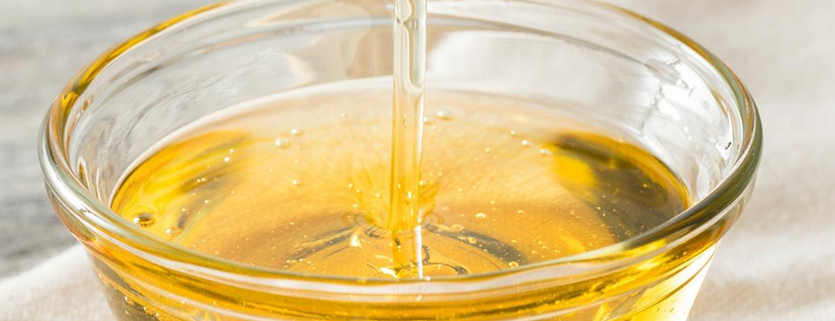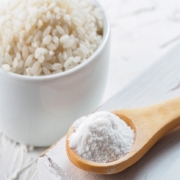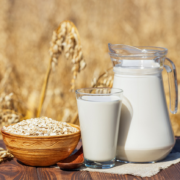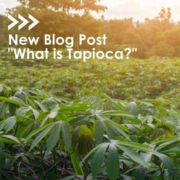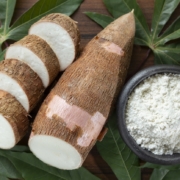Tapioca syrup: advantages and applications
Plant-based substitutes for industrial sugar are becoming increasingly popular. On the one hand, many people want to do without the artificially produced sweetness for health reasons. But also those who like it a little milder are well served with an alternative.
There are now many different vegetable sweeteners, including tapioca syrup. This is considered a vegan option to replace honey. Thereby it brings some advantages with itself, which we would like to introduce to you in the following.
How is the syrup made?
The sweetness is made from the cassava root. This grows mainly in tropical regions. The term tapioca explicitly describes the starch extracted from the plant tuber and can be processed into various products.
There are different ways of producing syrup. In each of these, the carbohydrate compounds are broken down into short-chain molecules, which gives the syrup its slightly sweet taste – tapioca is originally largely tasteless. The splitting is achieved either by chemical or enzymatic processes.
Depending on the manufacturing process, syrups can differ in taste, consistency and nutritional values. The color can also vary: Typically, tapioca syrup is as clear as water, but is also available in a light yellow hue. The darker the hue, the stronger the flavor. However, it is basically known for its rather mild sweetness.

This is a Cassava Plantanation.
Advantages of tapioca syrup
Depending on your perspective, the syrup has different benefits. For example, if you are avoiding animal products, it is a good alternative to honey. However, it may also be worthwhile for you to resort to it for health reasons:
Tapioca is free of fructose and gluten and therefore optimal for corresponding intolerances and allergies. In addition, the syrup is considered easily digestible and contains almost no fat.
Tapioca syrup can also hold its own in a direct comparison with household sugar. Depending on how it is made, it can have between 165 kcal and 326 kcal, while sugar is around 400 kcal.
So is the vegetable syrup healthy?
Caution is always advised when classifying whether something is considered healthy or unhealthy. After all, it always depends on the overall diet. At least tapioca syrup brings many benefits and can be a very good alternative to sweetening with sugar.
Nevertheless, we would like to point out: It is still a sweet additive that you should enjoy in moderation and not in masses.
How to use tapioca syrup
Another advantage of tapioca syrup: the many ways you can use it. Basically, you can use it for everything for which you would have otherwise used honey or sugar.
For example, it can be used in
- hot and cold drinks (e.g. tea or lemonade)
- Smoothies and juices
- Muesli and muesli bars
- various desserts
- baked goods and snacks
Another advantage in use: you can use the syrup very well for browning and caramelizing. In addition, adding tapioca syrup instead of sugar makes beaten egg whites especially creamy.
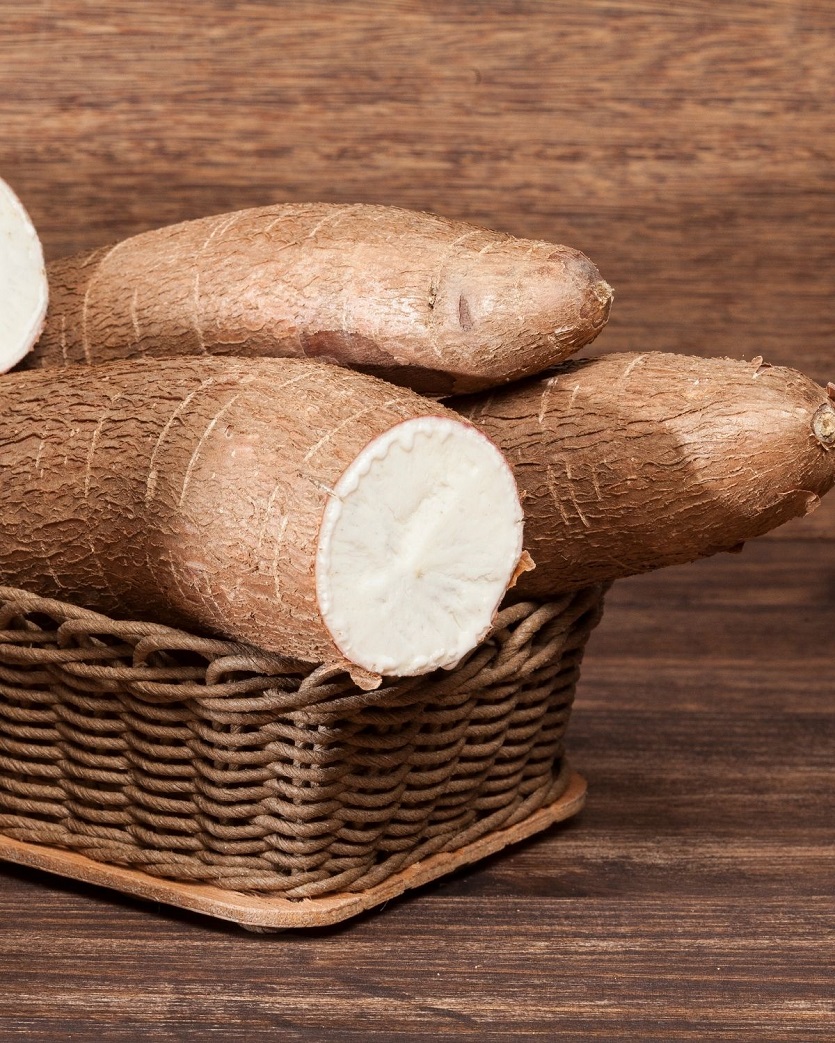
Cassava Roots for production of Tapioca Syrup.
This is what you should look for when buying
With vegetable products, you are always well advised to use organic quality. It is best to make sure that the tapioca syrup has been produced using natural and GMO-free enzymes.
Depending on the intended use, you should also check if the consistency is suitable for your purpose.
If tapioca syrup is not the right product for you, there are many other alternatives such as oat syrup and rice syrup. You might also be interested in our blog post Rice syrup: healthy alternative to other sweeteners?
If you work in food manufacturing and are looking for alternative sweeteners, we are also available for in-depth consultation. We at naVitalo are specialists in food ingredients made from tapioca, but also from oats, rice and other cereals. We attach great importance to high-quality, BIO-certified and environmentally friendly products. Interested? Then feel free to contact us.

